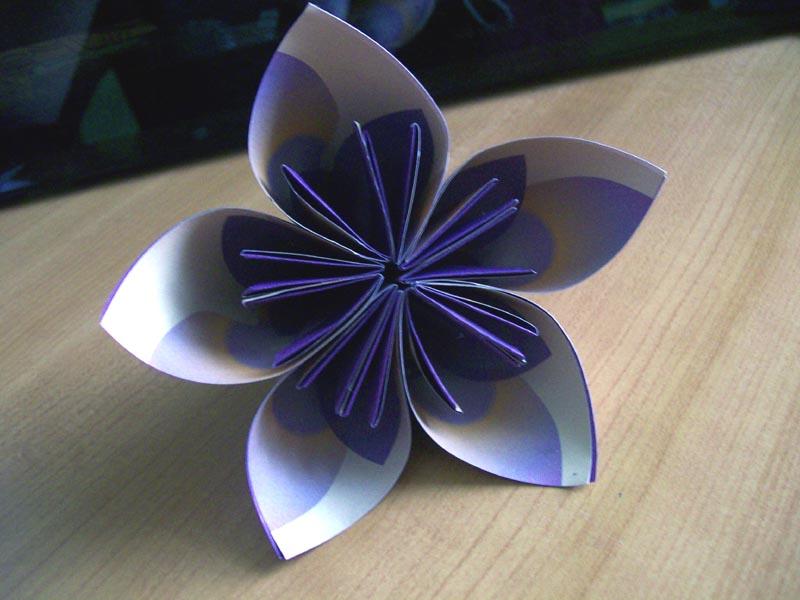Mindfulness and Stress Reduction
Origami paper folding offers a therapeutic outlet for individuals seeking mindfulness and stress reduction. The process of folding paper requires focused attention and concentration, allowing practitioners to immerse themselves in the present moment. By engaging in repetitive and precise folding motions, individuals can experience a sense of calm and mental clarity, helping to alleviate stress and anxiety.
Origami can also serve as a form of meditation, as practitioners cultivate a state of relaxation and inner peace through the rhythmic and mindful act of folding. This practice encourages deep breathing and a conscious awareness of body movements, facilitating a sense of tranquility and stress relief.
Cognitive Stimulation and Rehabilitation
Origami paper folding has been utilized as a therapeutic tool in cognitive stimulation and rehabilitation settings. The cognitive processes involved in following instructions, sequencing steps, and visualizing the end result engage and stimulate various areas of the brain.
For individuals undergoing cognitive rehabilitation, origami can help improve attention, memory, problem-solving, and fine motor skills. The structured nature of origami exercises the brain, promoting mental agility and flexibility. Additionally, the tactile nature of folding paper can enhance sensory integration and coordination.
Origami activities can also benefit individuals with neurodegenerative conditions, such as Alzheimer’s or Parkinson’s disease. The repetitive folding motions can help maintain dexterity, reduce tremors, and provide a sense of accomplishment and purpose.
Emotional Expression and Self-Reflection
Origami paper folding provides a platform for emotional expression and self-reflection. The act of transforming a flat piece of paper into a three-dimensional object can symbolize personal growth, resilience, and transformation. Individuals can use origami as a means of exploring and processing their emotions, channeling their thoughts and feelings into the creation of meaningful folded models.
Through origami, individuals can find an outlet for self-expression, allowing them to communicate and externalize complex emotions that may be difficult to verbalize. The physical act of folding paper can be a cathartic experience, providing a sense of release and emotional relief.
Origami can also serve as a tool for self-reflection and personal insight. As individuals engage in the folding process, they may discover patterns, perspectives, or new ways of approaching challenges. This reflective aspect of origami can foster personal growth, self-awareness, and a deeper understanding of oneself.
Community Engagement and Connection
Origami paper folding has the power to bring people together, fostering community engagement and connection. Group origami sessions or workshops create a sense of unity and camaraderie as participants collaborate, learn from each other, and share their creations.
Origami can be used as a tool for social interaction and communication, particularly in settings where verbal communication may be limited or challenging. The shared experience of folding paper transcends language barriers, promoting inclusivity and understanding among diverse individuals.
Community origami projects, such as folding thousands of cranes for a collective installation, promote a sense of shared purpose and interconnectedness. These projects can serve as a powerful symbol of unity, hope, or support for a cause, bringing people together and fostering a sense of belonging.
In conclusion, origami paper folding offers a range of therapeutic benefits, including mindfulness and stress reduction, cognitive stimulation and rehabilitation, emotional expression and self-reflection, and community engagement and connection. Whether practiced individually or in a group setting, origami provides a creative and accessible avenue for individuals to find solace, promote well-being, and explore their inner selves. The gentle art of folding paper holds the potential to unfold serenity and healing for those who embrace its therapeutic qualities.










